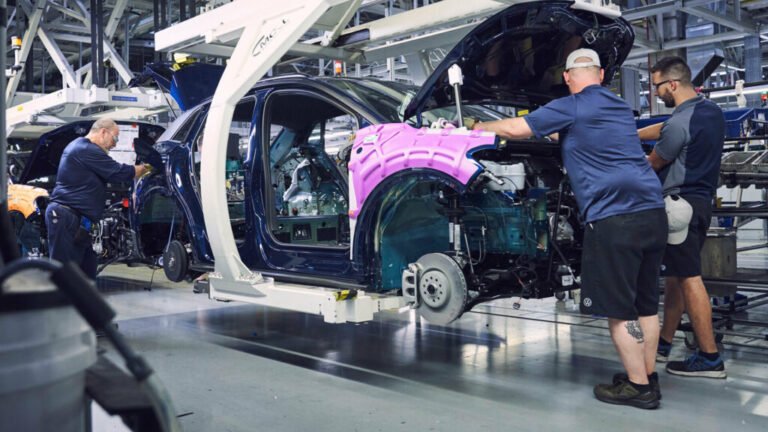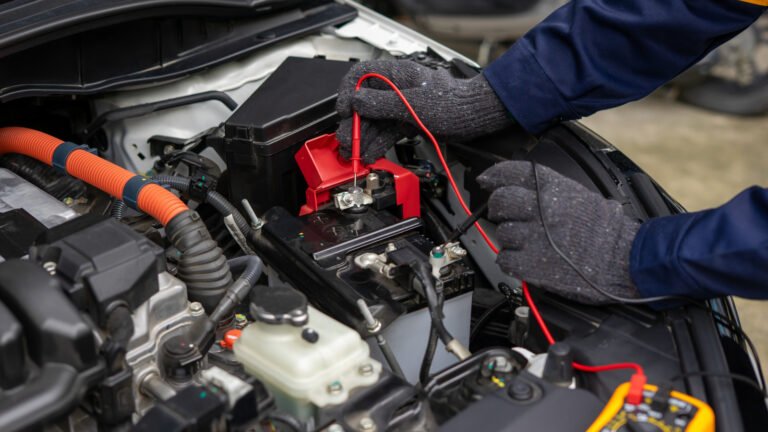

- The technology stack of the Rivian R2 will be used across the VW brand.
- Different models will have their own unique UI and suspension tuning.
- VW is still working on its own SSP platform and co-developing a platform with Xpeng.
The partnership between Rivian and VW is hugely important for both brands. Not only does it provide Rivian with a valuable cash injection, but it also provides VW with access to the EV maker’s excellent software and zonal architecture. Now, one of Rivian’s most important executives has revealed the tie-up will be even more important for VW than previously thought.
Wassym Bensaid, Rivian’s chief software officer and co-head of the Rivian-VW joint venture, recently spoke with Yahoo! and revealed that all future EVs from VW will use the same platform as the American brand’s upcoming R2 series. Evidently, the German giant using its partner’s know-how on EVs is the best way to move forward.
Read: Next VW Golf EV Will Ride On Rivian’s Electric Architecture
“R2 is the platform that will underpin actually all future EV products from VW,” Bensaid revealed. “It’s really that modular, scalable technology stack that we will take into VW brands. We will do it in a way where we will still allow different brands to express their own identity. Each brand will have its own UI, look and feel, their own suspension tuning, but underneath the guts of the vehicle, will be optimized from the same technology and software architecture.”
Importantly, the R2 platform that Bensaid is referring to appears to be limited to the “technology stack” and not necessarily the physical platform itself. VW is already deep into the development of its in-house SSP architecture that has been confirmed to replace the current MEB and is set to be used by the next-generation electric Golf and all-electric T-Roc.

In addition, the VW Group is also collaborating with Chinese automaker Xpeng on a separate platform known as the CEA, or China Electrical Architecture. It is promising to slash costs from the MEB architecture by as much as 40% and should help VW develop, build, and sell more affordable EVs in China.
“R2 is an evolution of the architecture that we introduced with our [R1] Gen2 vehicles, and there’s a ton of lessons learned that went into how we make the R2 from a technology standpoint, from engineering [to] … manufacturing,” Bensaid added. “That is allowing us to really not only make progress, but we’re extremely happy with the maturity of R2 compared to where R1 was.”
Production of the Rivian R2 is scheduled to start in the second half of 2026 and will be followed up by the smaller R3 series.




